Is A Vegan Diet Healthy for Children?
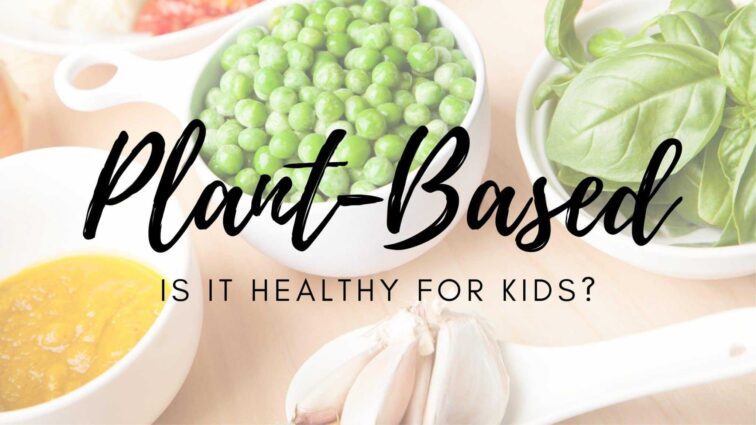
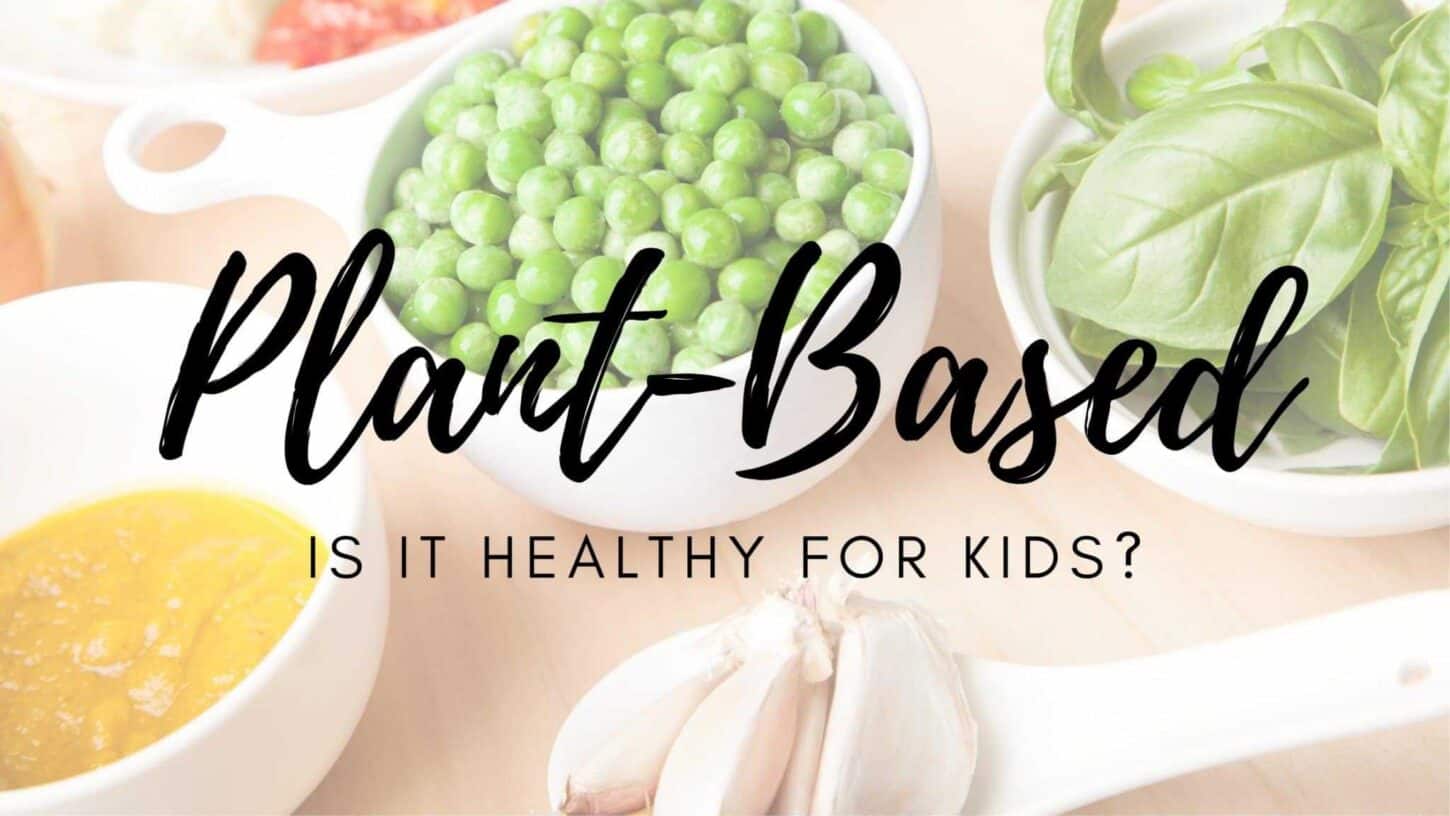
Plant-based diets have long been known to promote health. Indeed, many of the longest-lived populations in the world consume a plant-centered diet. Plant-based diets have been associated with decreased overall mortality, decreased risk of cardiovascular disease, diabetes, and certain cancers.
Additionally, an increasing number of conditions have been linked to the health of our gut microbiome (from Alzheimer’s to allergies and even autism).
Dietary patterns determine the health of our microbiota and research suggests that a plant-based diet can be an effective way to promote a diversity of beneficial microbes that supports overall health by including fiber-rich foods such as fruits, vegetables, whole grains, and legumes.
The evidence is strong and consistent that there are many benefits to eating more plant foods, from improved health outcomes to environmental sustainability and ethically informed food choices. However, many parents may wonder if plant-based diets offer similar health advantages to children and whether such a dietary approach is safe and appropriate for growing infants, toddlers, children, and teens.
Is A Plant-Based Diet Appropriate for Kids?
The data in children for many of these chronic diseases (heart disease, diabetes, cancer, etc.) is limited. However, knowing what we know about the effects of diet on adult health outcomes, it would be reasonable to assume that beginning these dietary patterns in childhood (while ensuring adequate nutrient and caloric intake) could be protective from an early age.
Over the last few decades, we have seen children and adolescents increasingly diagnosed with conditions that were felt to only occur in adulthood such as high blood pressure and type 2 diabetes. (Note that the nomenclature used to be adult-onset diabetes but had to be changed due to the increasing incidence in childhood.)
Feeding children a plant-based diet sets them up for success by instilling healthy eating habits right from the start.
Benefits of a Plant-Based Diet for Children
In addition to helping to prevent diet-related chronic diseases, a healthy diet in childhood is associated with numerous positive health outcomes. Vegan and vegetarian children have:
- Lower rates of overweight and obesity
- Lower cholesterol levels
- Higher antioxidant status in the blood
Children eating plant-based diets tend to consume less saturated fat and cholesterol and more fiber, vegetables, fruits, whole grains, and legumes. Additionally, regular consumption of certain animal-based foods, especially dairy, has been linked to specific pediatric disorders such as constipation, colic, and eczema.
The Academy of Nutrition & Dietetics Agrees!
Despite these advantages, some parents may still worry that plant-based diets are not nutritionally adequate and safe for growing children. However, the evidence is overwhelming that appropriately planned plant-based diets are safe and adequate for children.
In fact, in its most recent position statement the Academy of Nutrition and Dietetics unequivocally stated that
“appropriately planned vegetarian, including vegan, diets are healthful, nutritionally adequate, and may provide health benefits in the prevention and treatment of certain diseases. These diets are appropriate for all stages of the life cycle, including pregnancy, lactation, infancy, childhood, adolescence, older adulthood, and for athletes. Plant-based diets are more environmentally sustainable than diets rich in animal products because they use fewer natural resources and are associated with much less environmental damage.”
Indeed, numerous studies of having shown that children eating plant-based diets can and do grow just as well as children eating omnivorous diets.
Appropriately Planned Vegan Diets
Many parents worry about the words, “appropriately planned” and whether or not they can even aspire to achieve such a diet for their children. The simplest way to think of a diet that is appropriately planned for children is to ensure that such a diet is sufficient in quality, quantity (calories), and variety (nutrients).
As a pediatrician and mother, I would attest that all diets for children need to be appropriately planned, regardless of the type of diet that is followed. I have seen many cases of undernutrition and nutrient deficiencies in children, the vast majority of whom were eating omnivorous diets.
An adequate amount of carbohydrate, protein, and fat can easily be obtained from a plant-based diet. As far as micronutrients go, there are a few key things to keep in mind for vegan children.
The argument that a diet that requires specific supplementation of key nutrients inherently makes it inadequate is weak when you consider that virtually all diets in modern society are fortified to prevent nutrient deficiency. Consider these commonly supplemented foods:
- Vitamin D in milk to prevent rickets
- Iron in infant formula and cereal to prevent anemia
- Iodine in salt to prevent goiters
- Folic acid in enriched foods to prevent neural tube defects in infants
Important Nutrients for Vegan Children
As with omnivorous diets, an adequate source of iron and vitamin D should be included in the diet (or in the case of vitamin D through safe sun exposure).
Vitamin B12 is the one nutrient that does need to be specifically supplemented for those consuming a plant-predominant or plant-exclusive diet as plant foods do not contain adequate B12. This can be obtained through fortified foods (such as non-dairy milks) or via supplementation.
Additionally, it’s important to note that some people following an omnivorous diet (those over the age of 50, with certain medical conditions, and taking specific medications) may also require B12 supplementation.
There are many other nutrients to consider depending on a child’s specific dietary intake, but in general, plant-based diets with sufficient quantity, variety, and supplementation when indicated can allow children to grow well and thrive.
A Nutritious & Kind Approach to Eating
Children eating plant-based diets can lead healthy, active lives with a reduced risk of chronic disease. A well-planned plant-based diet not only avoids nutrient deficiency and promotes health but offers a sustainable and ethical approach to eating. It can be a joyful, delicious way of eating. It’s a win for us, a win for the planet, and certainly a win for the animals.
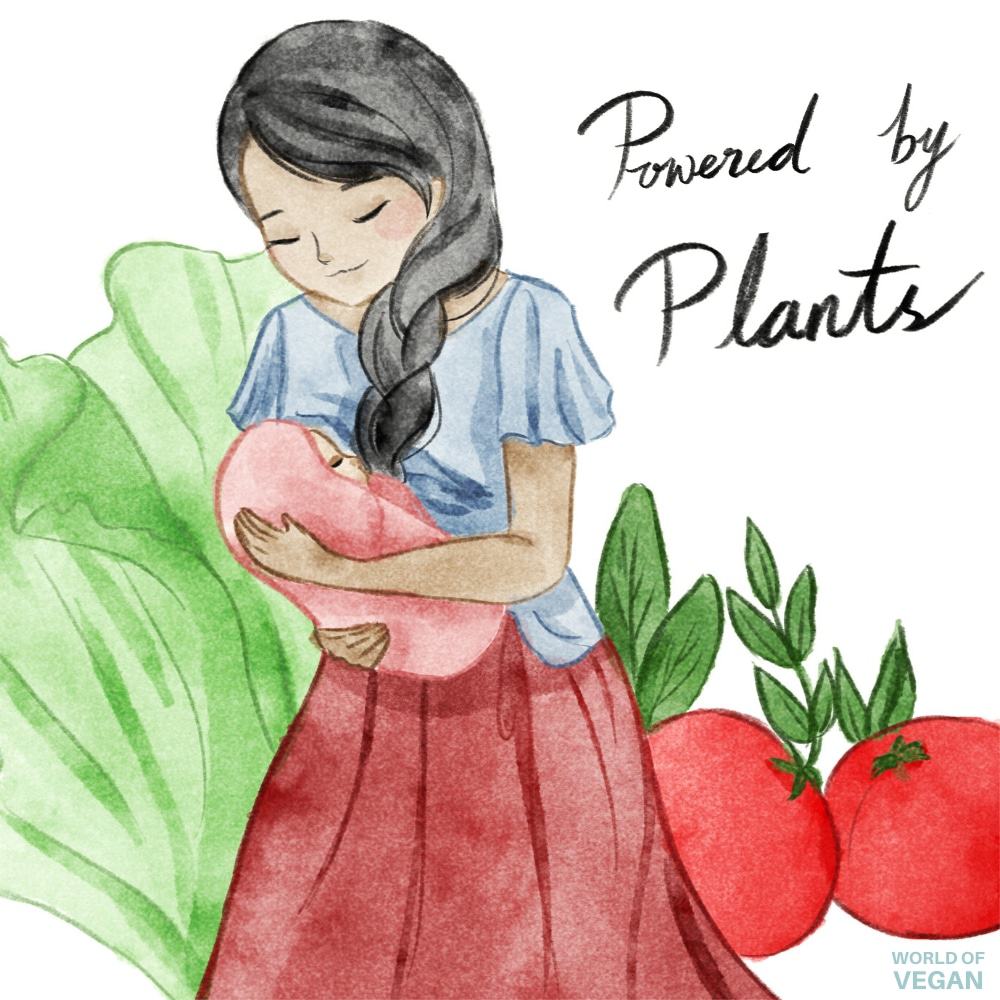
More Vegan Parenting Resources
This article about nutrition for vegan children was written by Dr. Reshma Shah for World of Vegan. Dr. Shah is a vegan pediatrician and author of the book Nourish: The Definitive Plant-Based Nutrition Guide for Families. Cover photo from Canva.com designed by Michelle Cehn. The information presented here is not to be construed as medical advice or used to diagnose, treat, cure or prevent any condition or disease. Please note that this article contains affiliate links which help us keep regular content coming to life here at World of Vegan.






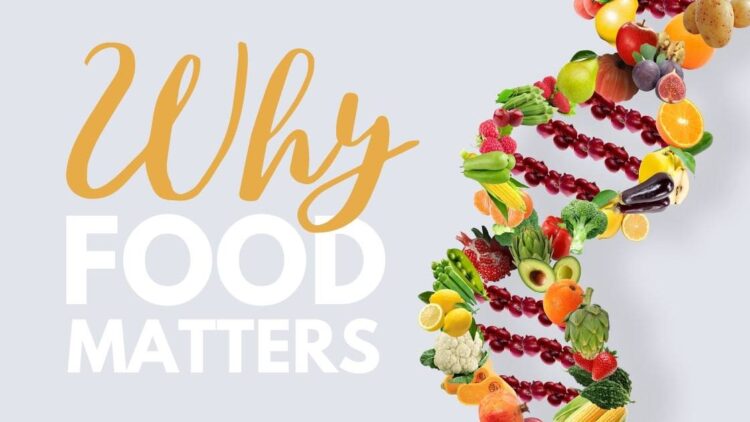

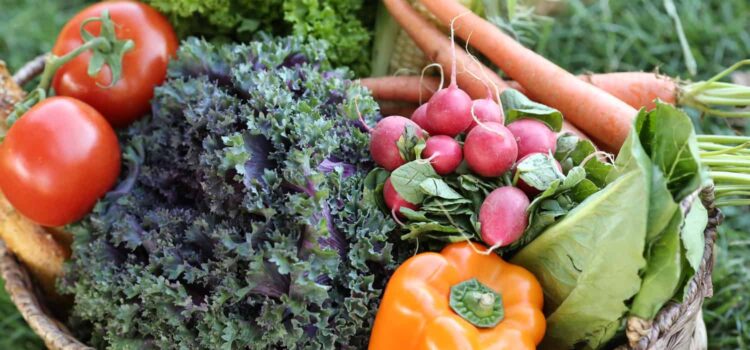
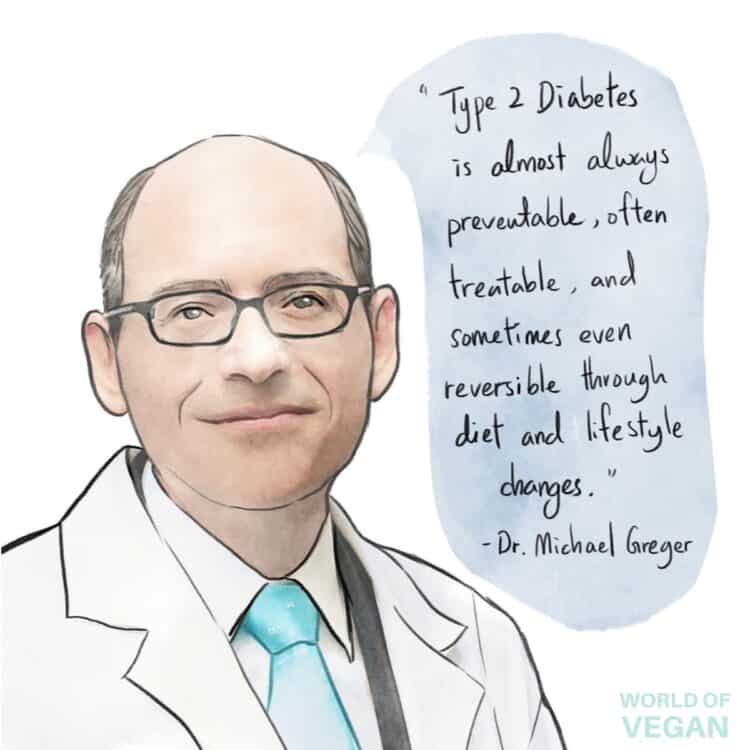

Leave a Comment